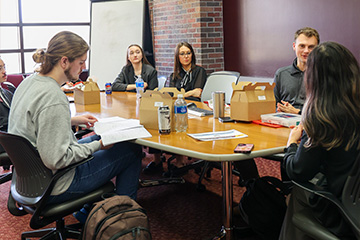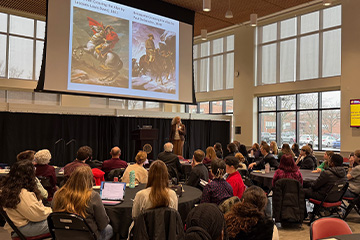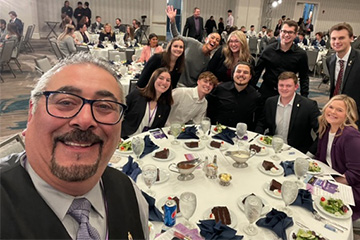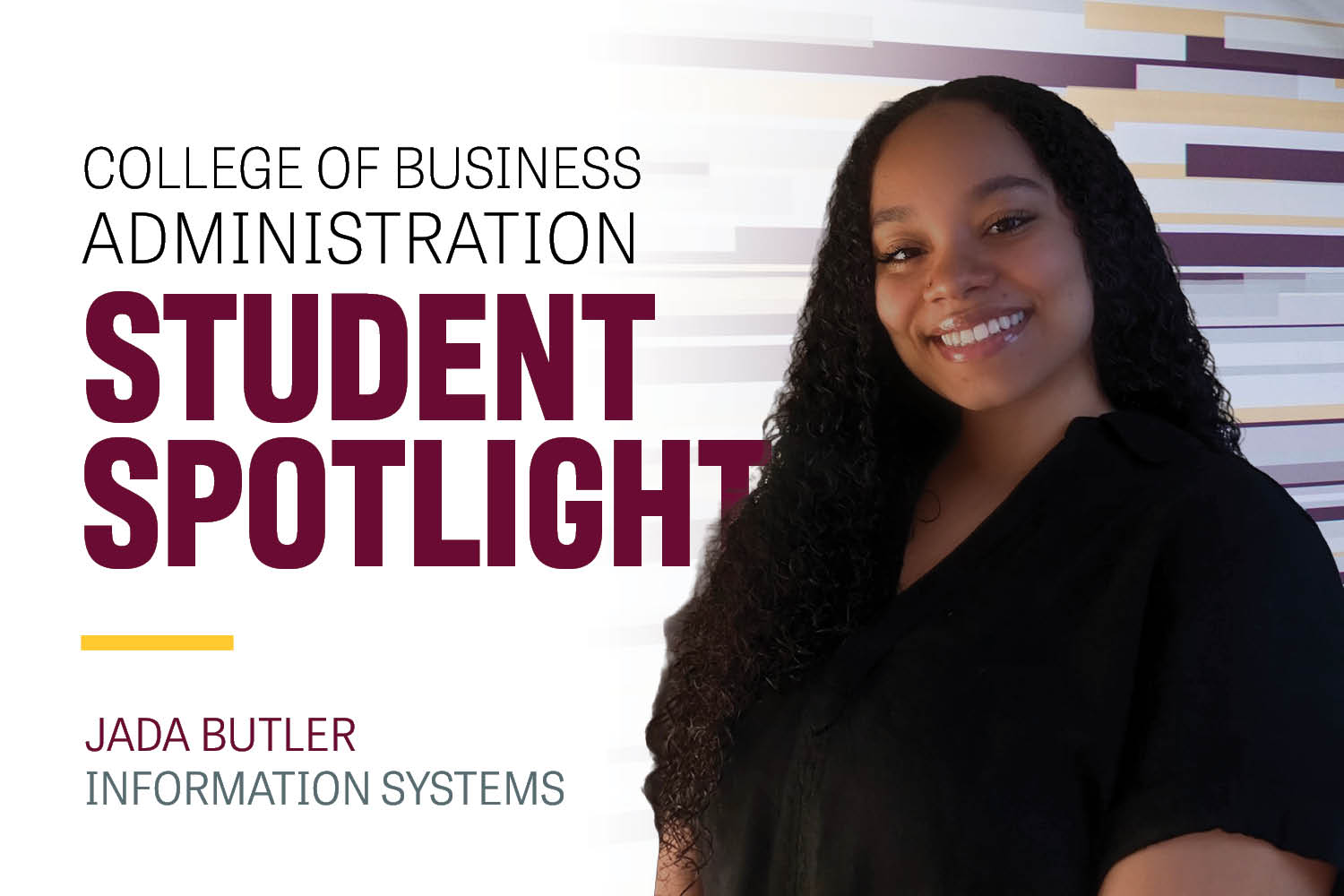How prepared is your business for change?
CMU finance faculty member Abu Amin explores strategic alignment in a shifting world
When Abu Amin, a finance faculty member and former department chair in the College of Business Administration, co-authored a study on the 2016 presidential election and the rollback of the Dodd-Frank Act, his focus wasn’t just on banking—it was on a broader question: How well are organizations prepared to respond when their environment changes?
Published in the American Business Review, the article examines how banks performed before and after a sudden policy shift. The 2016 election brought a change in regulatory expectations, including a partial rollback of the Dodd-Frank Act—a law originally passed in response to the 2008 financial crisis to increase oversight, reduce risk, and improve transparency in the financial sector.
For Amin and his collaborators, this created a rare opportunity to observe how organizations respond to disruption.
“We studied how U.S. banks reacted to the major policy shift after the 2016 election, when financial regulations were relaxed,” he said. “Some banks were better prepared for the new environment than others.”
The research compared two types of firms: those that adjusted their strategies to fit the looser regulatory climate and those that didn’t. Banks that anticipated the changes and aligned their internal capabilities—such as lending practices and risk posture—were positioned to thrive. Those that remained cautious or slow to adapt underperformed.
“Banks that aligned their strategies with the changing rules performed better, highlighting the importance of adapting quickly to political and regulatory shifts,” Amin said.
Although the research is grounded in finance, Amin emphasizes that its implications apply far beyond banking.
“The study, although using financial data, is more general,” Amin said. “It can be used to test any industry where the environment is changing—electric vehicles, energy, any policy or regulation shift.”
He points to other sectors, such as the automotive industry’s shift toward electric vehicles or the rise of environmental, social, and governance (ESG) pressures in global markets, where adaptability plays a key role in long-term success. Whether it’s new technology, regulation, or consumer demand, the core insight holds: strategy only succeeds when it fits the world around it.
“You have to understand your own strengths and the environment in which you're operating,” Amin said.
That mindset is something he brings directly into the classroom. In courses like Managerial and International Finance, Amin helps students connect financial concepts to current events and broader strategic themes.
“Finance is not just theory—it’s practical and actionable,” he said. “I want students to think like decision-makers.”
For Amin, that means encouraging curiosity, critical thinking, and the ability to ask the right questions.
“Good decision-making starts with good questions,” he said. “I want my students to be constantly asking, ‘What’s happening in the world—and how should we respond?’”
That same kind of question—what should organizations do when the rules change?—sparked the very research that led to his recent publication.
The idea for the project began with a casual faculty conversation. Amin, whose primary research focuses on corporate finance and governance, was approached by a colleague from the management department who was interested in exploring the strategic implications of regulatory change. Their collaboration—cross-disciplinary and sustained over several years—blended financial analysis with strategic theory to create a model for evaluating performance across different business environments.
“By 2018, we kind of saw that there is something going on,” Amin said. “We looked at [banking sector] financials and saw that the outperforming banks were the ones that were anticipating the unsustainable regulatory stringency. They were making changes in anticipation—and when the political environment changed, they were in a better position to take advantage of those changes.”
That ability to anticipate, adapt, and act is at the heart of the study—and of Amin’s broader research interests. He is currently exploring how ESG factors and political connections influence firm performance and resilience in today’s unpredictable business environment.
His goal, he says, is to produce research that helps decision-makers better understand how real-world events shape business outcomes—and why strategic alignment may be one of the most important tools businesses have in a constantly shifting world.




